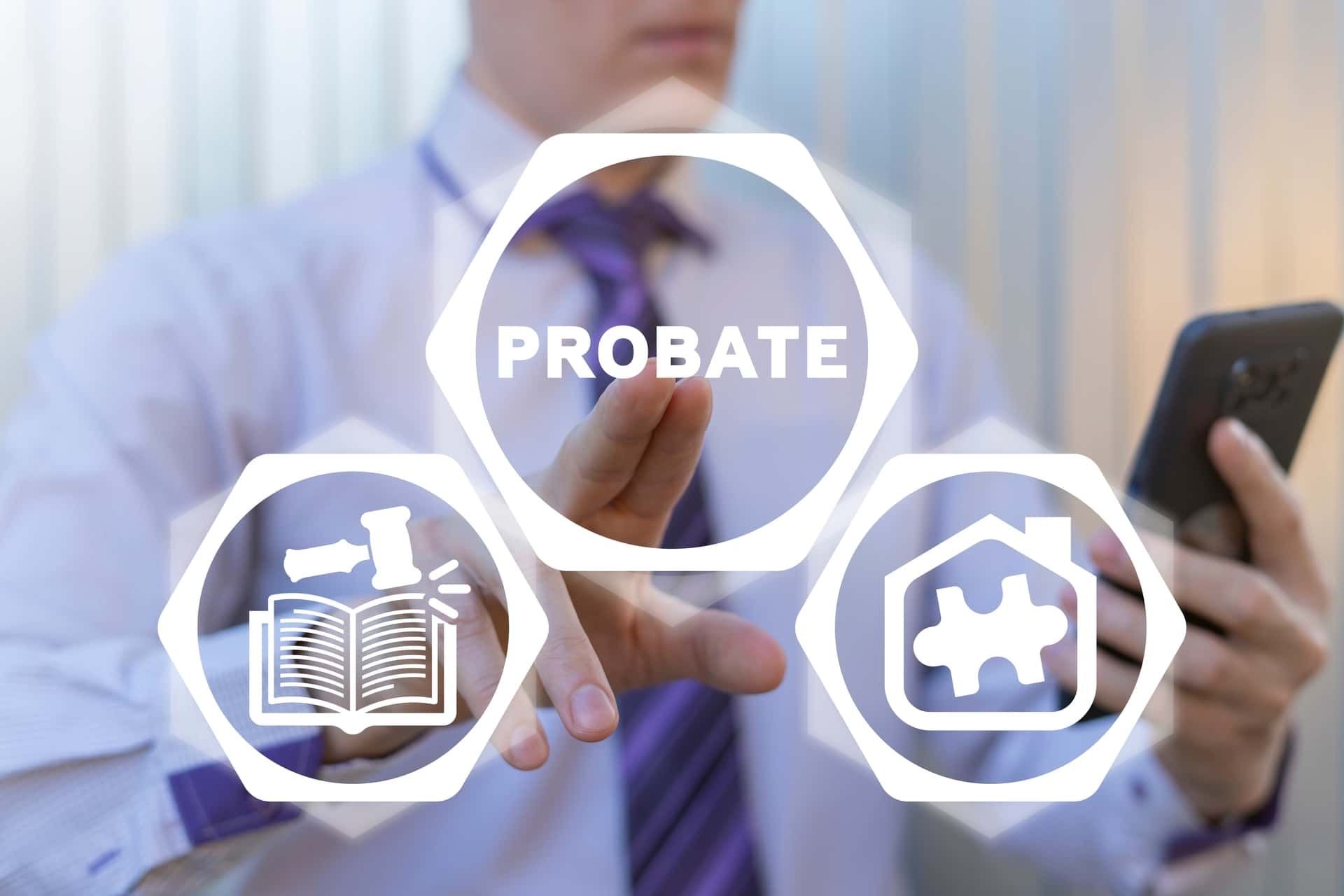Can A Power Of Attorney Change A Will?
Strengthening your estate plan becomes more important as you age, and one of the best ways to make sure your wishes are respected if you’re incapacitated is to set up a power of attorney.
Many people believe that power of attorney is a complex legal process that’s only available to wealthy individuals, but this couldn’t be further from the truth. At the same time, even those who are willing to explore this
estate planning option are naturally concerned about giving one person too much power over their estate.
To dispel any confusion and help you make the right choice, we’ll go over the basics of the power of attorney document and explore its limitations. Most importantly, we’ll answer the age-old question of can a power of attorney change a will.
What is the Power of Attorney?
In simple terms, power of attorney is a document providing a person of the principal’s choosing with the authority to make decisions on their behalf regarding areas such as medical care, finances, or property.
The agent (i.e.person who was granted the power of attorney) doesn’t have to be a legal professional. You can assign this power to anyone you trust.
Legally, it’s also possible to assign this power to multiple individuals, meaning they’ll serve as co-power of attorneys.
Types of Power of Attorney
There are two main types of power of attorney. The first is a general power of attorney that provides the agent with the authority to make decisions in all matters in accordance with Florida law on the principal’s behalf. This may include actions such as managing assets and bank accounts, selling property, filing taxes, etc.
The second is referred to as a limited power of attorney. As the name suggests, this type provides the authority to the agent to act on behalf of the principal in select cases or events. A good example of this is a situation where a principal is only allowed to manage savings accounts or retirement funds.
Both types of power of attorney can be used when the principal is no longer able to sign legal documents due to being temporarily or permanently incapacitated.
Besides these two main types, it’s also possible to assign an individual a durable power of attorney, which provides them with the ability to make decisions in financial, property, or legal matters.
A durable power of attorney agent can pay medical costs on the principal’s behalf, but they're not authorized to make any decisions on health-related decisions (such as ending life support or consenting to a medical procedure).
For such purposes, a medical power of attorney is used as it provides the agent with the authority to make medical decisions on the principal’s behalf.
What Are the Limits on the Agent’s Authority?
Although most laws vary from state to state, when it comes to power of attorney, the rules are the same. This is because most states (including Florida) have adopted the so-called Uniform Power of Attorney Act.
According to this act, for instance, power of attorney authority goes into effect as soon as the documents are signed. In addition, it also lays out the limitations the agents have.
So if you’re wondering whether you’re gambling your assets upon signing this document and can a power of attorney change the will, you’re in luck because the answer is no.
The legal requirements for wills aren’t strict and only require an individual to be of a sound mind at the time of writing the document. If the will is valid, a power of attorney doesn’t have the authority to rewrite the will or change any of the terms. In other words, a will that was revised or written by the agent will be considered invalid by every court in Florida.
While the answer to “can a power of attorney change a will” is no, an agent still has some authority regarding the circumstances surrounding a will.
What Does This Mean?
It means an agent can impact the estate itself, as they can make decisions that affect your financial situation, thus negatively impacting the assets belonging to your heirs.
Let’s say you leave your investments to your older son, cash holdings to the younger one, and also assign the latter a power of attorney. For the next two years (while you’re incapacitated), the younger son can liquidate all the investment to pay for what they perceive as necessary expenses.
The agent in this scenario didn’t directly change the will, but they technically disinherited your other child.
Can You Prevent Agent Abuse?
Though the chance of the agent abusing their power of attorney authority exists, you can take steps to protect your estate.
The first step is choosing the right person as your agent. Preferably, this individual must be someone you trust. Next, you should describe your wishes in detail to eliminate the possibility of misinterpretation.
This might be enough in itself, but you can take it even further by implementing additional steps:
- Naming co-agents: there are no limits on how many agents you assign, as well as no limits on the roles that each of the agents needs to fulfill. For example, you can name both of your children and a close friend as co-agents to minimize the chance of
power of attorney abuse later down the road.
- Assigning a third party to oversee the agent: you can demand an agent provide a written outline of all the financial actions they’ve taken to your attorney or another qualified individual.
- Limit their authority: with the assistance of an estate planning attorney, you can craft power of attorney documentation that limits the agent’s powers. For instance, you can authorize the agent to manage your bank accounts but limit their ability to change any terms of your financial dealings or change the beneficiaries of your life insurance policy.
Create Foolproof Power of Attorney Document With Attorneys at Law Offices of Mary E. King
Now that we answered the question of can power of attorney change a will, you have all the information required to make an informed decision about using this estate planning document.
Considering you can limit the agent’s power from the onset, and even revoke a power of attorney without hassle if things go awry, it's a safe estate planning option to explore.
While an agent may have limited power, they can still affect your financial situation indirectly. To eliminate the chances of this happening, ask an attorney for assistance when drafting your power of attorney document.
At Law Offices of Mary E. King, we help individuals of all income brackets create foolproof estate plans that accurately reflect their needs and the needs of their family. Estate planning is very complex and making a few mistakes could harm your family’s future, which is why you should never settle for anything less than perfect.
Schedule a free consultation by filling out our contact form or dialing 941-906-7585 and work with Florida’s finest estate planning attorneys.
Note:
The information in this blog post is for reference only and not legal advice. As such, you should not make legal decisions based on the information in this blog post. Moreover, there is no lawyer-client relationship resulting from this blog post, nor should any such relationship be implied. If you need legal counsel, please consult a lawyer licensed to practice in your jurisdiction.
Disclaimer: The information on this website and blog is for general informational purposes only and is not professional advice. We make no guarantees of accuracy or completeness. We disclaim all liability for errors, omissions, or reliance on this content. Always consult a qualified professional for specific guidance.
RECENT POSTS
CONTACT US






